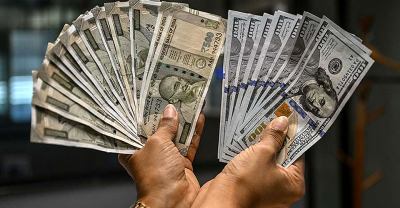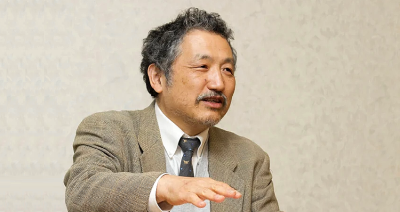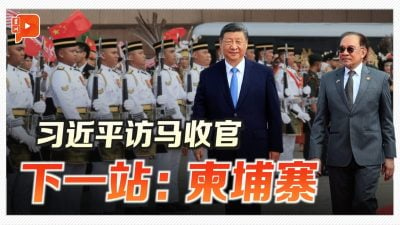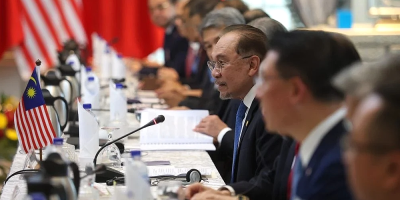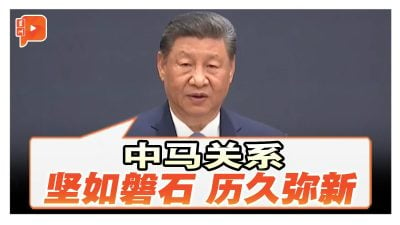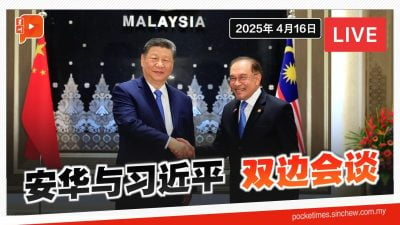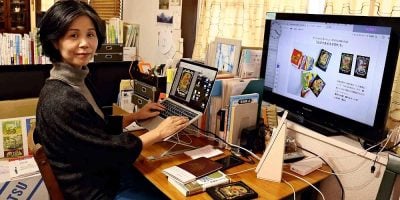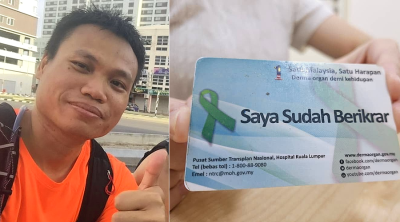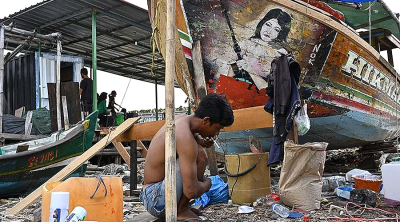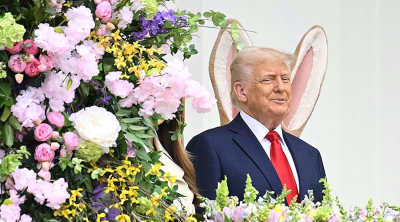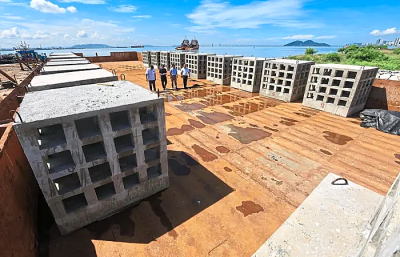JOHOR BAHRU: Sultan Ibrahim Sultan Iskandar of Johor emphasised that it is important for Malaysia to maintain friendly relations with China, describing the Asian giant as a good and reliable investor.
His Majesty said Johor has had a long-standing and positive relationship with China, starting from his ancestors and continuing to the present day.
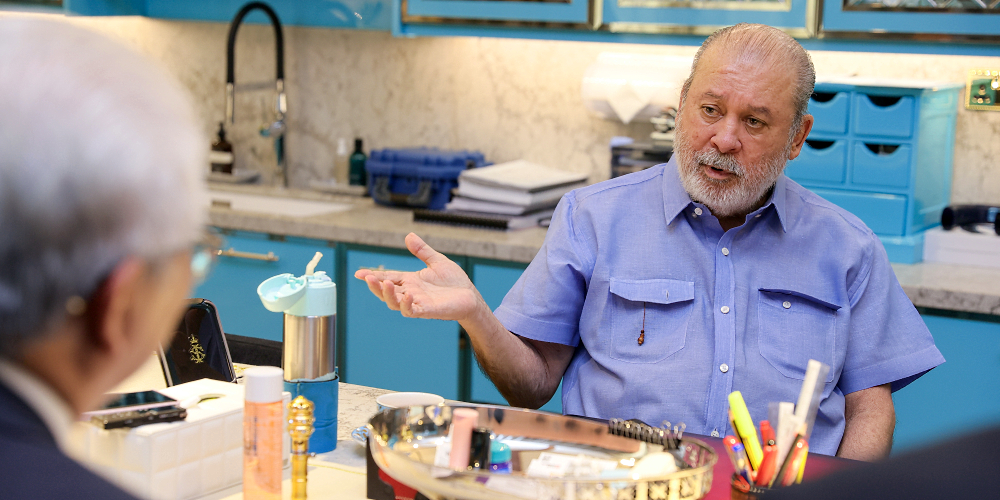
China is reliable investor
In an interview with Sin Chew Daily, Sultan Ibrahim showed his great admiration for the world’s second-largest economy when talking about China.
He also shared the historical ties between Johor and China.
His Majesty revealed, “In the past, the Chinese Emperor bestowed a ‘Double Dragon Precious Star’ upon my great-great-grandfather. Later, the Chinese people were invited to Johor to cultivate sugar cane and pepper.
“So, I have repeatedly stressed that the Chinese people in Johor are not outsiders; they were invited to come here!”
Sultan Ibrahim’s great-great-grandfather Sultan Abu Bakar received the “Imperial Order of the Double Dragon” from the Chinese Emperor during the Qing Dynasty in 1892.
The “Double Dragon Precious Star” was first presented as a gift to foreigners in 1882, but from 1908 onwards, it was also conferred upon Qing Dynasty officials.
2024 marks the 50th anniversary of the establishment of Malaysia-China diplomatic ties. Sultan Ibrahim, known for his friendly relationship with China, has been following the development of Malaysia’s relationship with China closely since the establishment of the new federal government.
His Majesty expressed bewilderment over a previous Malaysian leader who, after receiving a warm welcome in China, described the trip as unsuccessful upon returning to Malaysia.
“Do you want them to stop buying your palm oil?” Sultan Ibrahim criticised this former leader for his behaviour, and said if one were to pick a fight, it would be better to do so with someone of equal stature.
Prime Minister Datuk Seri Anwar Ibrahim’s visit to China earlier this year brought back several positive outcomes, and this somewhat relieved Sultan Ibrahim.
However, he acknowledged the financial challenges faced by the Anwar administration.
“Anwar only came to realise the government’s financial difficulties after taking office,” the Sultan said, believing that Anwar needs more time.
When discussing his relationship with China, Sultan Ibrahim believed he had built a certain reputation in China, leading many Chinese corporations to want a meeting with him.
“These big companies had faith in my approach. After our dinner meeting, Forest City and I signed a Memorandum of Understanding (MOU). The next day, the contract was signed. It was swift, not any fuss!”
Comparing China with other foreign investors, His Majesty listed various investments by different countries, including some investing in insurance companies or manufacturing pencils, while others brought rare earth.
“Give projects to those who have real money! Find a good investor.”
He also revealed that he had advised a company to engage in palm oil processing and production, refining, and direct exportation in collaboration with Chinese partners to China.
When asked about his favourite place in China, His Majesty had a spontaneous response: “Everywhere, I’d like to go everywhere!”
Talking about China, Sultan Ibrahim has repeatedly mentioned the late Tunku Abdul Jalil, the third prince of Johor.
On December 10, 2014, while battling cancer, Tunku Abdul Jalil received special permission from the Chinese government to undergo a liver transplant surgery in Guangzhou.
This arrangement further strengthened the warm relations between the Johor royal family and China.
As His Majesty pointed out, the Johor royal family had established friendly ties with China many years ago, fostering close ties with the Chinese community in Johor.
Over the years, exchange of gifts between the Johor royal family and the Chinese community has been ongoing, with these tokens of friendship being displayed at the Johor Royal Museum housed in Istana Besar Johor Bahru.
There is a “Dewan Cina” inside the museum to document the history of the Johor royal family inviting Chinese community leaders to the palace for tea banquets as far back as 148 years ago.
The museum is currently undergoing renovation and is expected to reopen to the public by the end of the year.
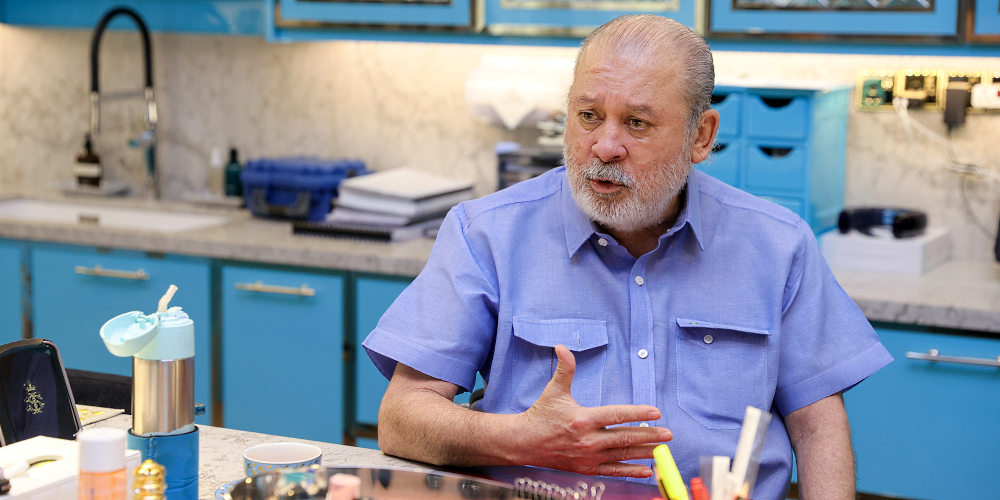
Need to be more investor-friendly
To attract more investments, Sultan Ibrahim feels that Malaysia must offer investor-friendly and practical visa options, especially in reconsidering the current Malaysia My Second Home (MM2H) programme.
“The second phase of MM2H was already unfriendly, and the third phase is even worse.”
On July 6 this year, Sultan Ibrahim granted an audience to Minister of Tourism, Arts and Culture Datuk Seri Tiong King Sing to whom he expressed his views on the MM2H programme.
At that time, His Majesty stressed that improvements were needed for the MM2H programme, both in terms of policies and incentives, to ensure it does not create a burden to the applicants.
He highlighted that it is crucial for Malaysia to become the preferred destination for foreigners.
During the interview, Sultan Ibrahim also said providing more attractive incentives to foreigners would not disadvantage the locals. In its stead, local residents could benefit from retail and employment opportunities.
“Obtaining a long-term visa is really difficult in this country! Take a look at Thailand, Vietnam, or even Sarawak; as long as you are willing to pay, you can get a long-term visa.
“By contrast, here we tell people they shouldn’t expect too much even if they’ve paid, and they can only buy a property worth over a million!
“How many unsold houses are there in Johor?” he asked.
Sultan Ibrahim also acknowledged that while he strived to foster closer relations with China, he faced criticism for bringing in Chinese property developers, such as Country Garden and Forest City.
His Majesty noted that some wrongly believed Chinese nationals were slowly taking over Malaysian land.
However, he stressed that the land could not be taken away.
“Under land ownership, if you want to convert your leasehold land (99-year tenure) to freehold, there are fees and fines to be paid. Why does this become an issue?”
Sultan Ibrahim stressed that due to its strategic location, Johor has always maintained friendly relations with its neighbours.
“We have a neighbour with whom we have had economic and trade relations for 250 years, Singapore. Additionally, we are bordering three states, namely Negeri Sembilan, Melaka and Pahang.”
Sultan Ibrahim believes Johor is more adept at dealing with foreigners and establishing mutually beneficial relationships.
“By offering better incentives to foreign investors, our products can be sold overseas.”
His Majesty also believed that it was wrong for the MM2H programme to be managed by the Ministry of Home Affairs in the past.
“Do we need two years to check the background of a Chinese applicant? We have police and political departments, and if these applicants have committed crimes like money laundering or fraud, there are ways to investigate.”
Now, the MM2H programme is under the purview of the Ministry of Tourism, Arts and Culture, and it reports directly to the Prime Minister.
Sultan Ibrahim believes this is the right approach.
“In the end, whether to approve or reject, it will be easier now.”
His Majesty candidly stated that he had a good relationship with Prime Minister Datuk Seri Anwar Ibrahim, who has frequently sought his advice and suggestions.
“At times, he seeks my opinion, and at times, he provides me with suggestions.
“These past two years have been very stressful, and I need a break, but I can’t do so.
“I’ve tried to arrange for vacations, but one of my eyes and one of my ears always remain in Johor.”
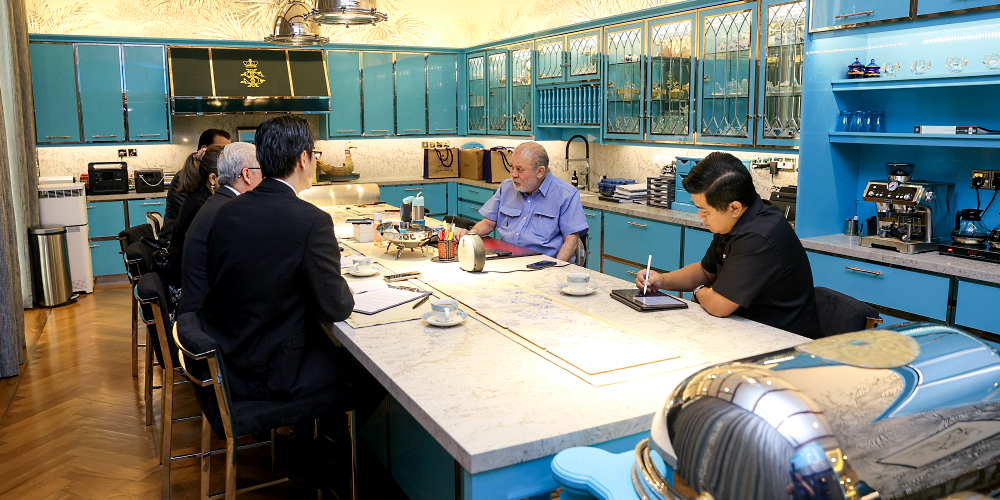
Behind the scenes
Blue is the colour favoured by the Johor royal family.
On the day of our visit, Sultan Ibrahim happened to be wearing a short-sleeved blue shirt, and upon entering the actual interview room, shades of blue dominated the deco.
In the kitchen where the interview was conducted, even the cabinetry was in blue. The tableware inside the cupboard was elegantly arranged, while a coffee machine, tablets, and documents were neatly positioned on the kitchen table behind.
Although the space was not very large, there was no hint of cooking fumes.
Sitting in comfortable high chairs, the Sultan and his interviewers had a casual and relaxed conversation, separated only by a central island.
Upon entering the palace, there is a large hall straight ahead, with a smaller one to the left, both furnished with sofas.
However, the kitchen to the right is where the Sultan frequently works and receives his guests.
As first-hand witnesses, we can confirm that this cosy kitchen is undoubtedly a great place to establish a warm connection.
A well-known car enthusiast, Sultan Ibrahim of Johor is exceptionally affluent.
During the interview, he did not shy away from mentioning that he owns some of the best sports cars in the country and even airplanes. However, he emphasised multiple times that he pays for all these from his own pocket, refraining from saying “this is government money!”
Choosing an appropriate gift to present to such a materially abundant interviewee requires careful consideration, something fitting but not overly ostentatious.
Ultimately, we decided to create a unique “Special Edition” that includes some of the major news about the Sultan over the years and the cover photo of his latest autobiography.
When we presented this souvenir to His Majesty at the end of the interview, he was visibly delighted, exclaiming that the photos were “very nice”.
He continued to inquire about its contents and then instructed his aides to ensure this memento has a place in the royal museum.
Can each of us take a photo with the Sultan? And can we take a selfie with him together?
A friend cautioned us against it. The royal media officer suggested we ask the Sultan first.
As it turned out, the media officer was right.
Not only was the Sultan accommodating, he was also displaying his sense of humour.
“Stand on my left,” he gestured to the left, inviting us to take turns for photos with him, adding with a grin, “The person on the right is my wife; friends stand on the left!”
The interview concluded successfully after the photo-taking session.
Before we left, the Sultan said warmly, “You are welcome here for coffee when you have the time!”
For us, the response was unanimous agreement, interspersed with laughter, relief, and a sense of accomplishment.
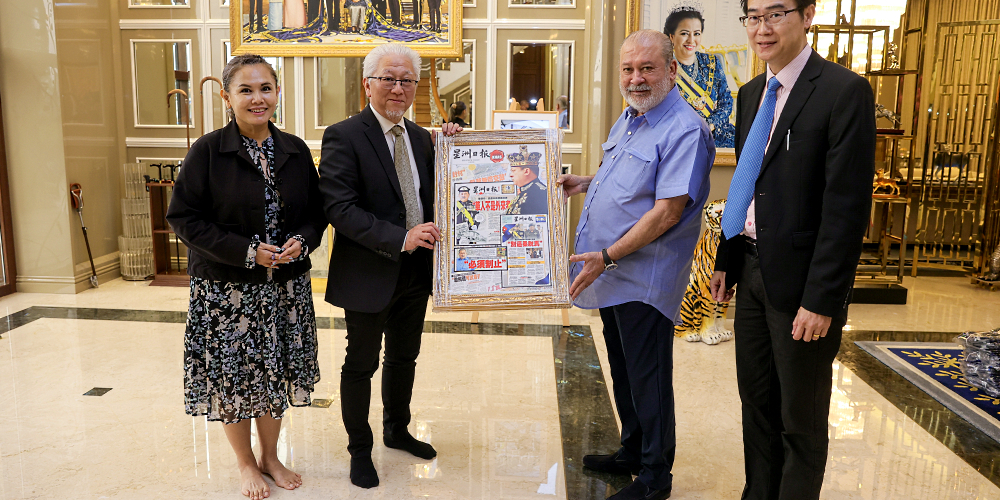
Read:
ADVERTISEMENT
ADVERTISEMENT







